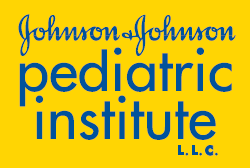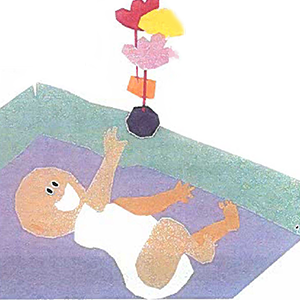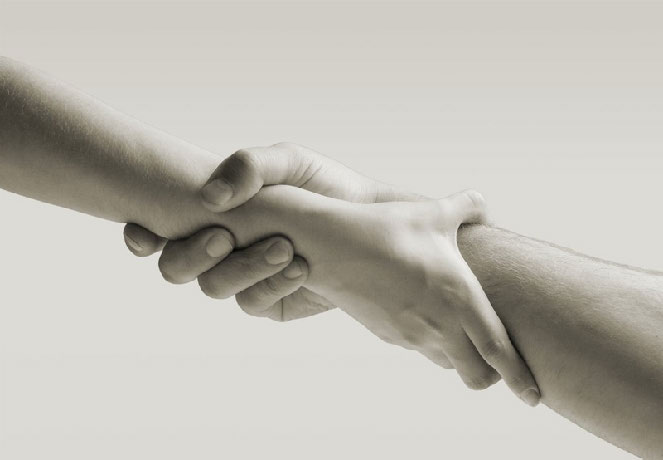Texas Childhood Lead Poisoning Prevention Program
Texas Department of State Health Services
Lead Outside the Home
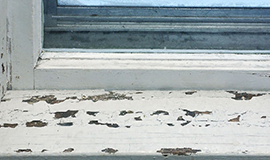
Painted Surfaces
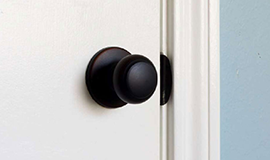
Doors

Soil
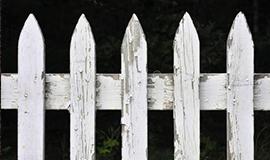
Fences and Porches
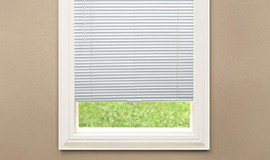
Vinyl Mini-Blinds
Painted Surfaces
– Older homes and buildings built before 1978 may have lead.
Doors
– Opening and closing doors can rub away the paint and create lead dust.
Soil
– Lead-based paint can enter the soil. The soil can still have lead from cars that used leaded gas before the 1980s.
Vinyl Mini-Blinds
– Non-glossy vinyl mini-blinds can have lead that sunlight and heat can break down to release lead dust.
Lead Inside the Home

Water Lines and Plumbing
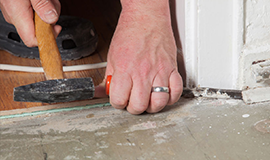
Baseboards and Walls
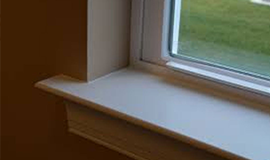
Window Sills
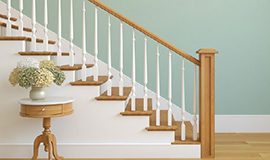
Stairs and Banisters
Water Lines & Plumbing
-Lead solder can be used in water lines. Ask your water utility company for more information.
Window Sills
– Opening and closing windows can rub away the paint and create lead dust.
Baseboards & Walls
-Hammering or sanding walls with lead-based paint can create lead dust.
Stairs & Banisters
– When older painted stairs and banisters start to peel, it can create lead dust.

